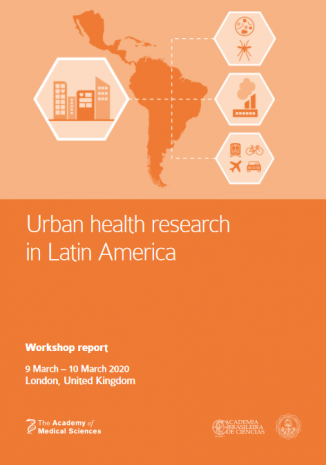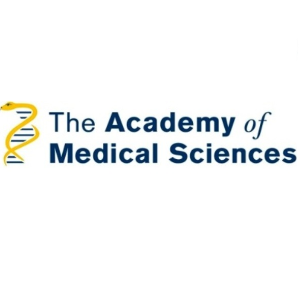In 2018, more than half the world’s population, 4.2 billion people, were estimated to be living in urban areas, and this figure is projected to rise to 70% by 2050. Much of this increase is being driven by the migration of people from rural to urban areas in search of economic opportunities.
While average levels of health are higher in urban areas, these advantages are being eroded as rapid urbanisation generates a multiplicity of health hazards and overloads urban health systems.
Health challenges are exacerbated by high levels of inequality. Urbanisation typically involves the creation of informal settlements with a limited supply of domestic services, low access to healthcare, and high levels of exposure to unhealthy environments.
These issues are particularly pressing in Latin America, one of the most rapidly urbanising regions in the world. Already, 80% of the population in Latin America lives in cities, and 19 of the 30 cities in the world with most inequality can be found in the region.
On 9 and 10 March 2020, the UK Academy of Medical Sciences (AMS), the National Academy of Medicine of Brazil and the Brazilian Academy of Sciences organised a joint meeting to explore the major urban health issues facing the region, priority research questions, and potential ways to advance urban health research. The meeting was funded by the AMS, through the Global Challenges Research Fund.
The workshop programme was developed by the organisers and a steering committee chaired by Academician Paulo Hilário Nascimento Saldiva, Director of the Institute of Advanced Studies, University of São Paulo, Brazil, and Professor Frank Kelly FMedSci, Head of the Department of Analytical, Environmental and Forensic Sciences, King’s College London, UK (Appendix 1). This report provides a summary of the key themes to emerge at the workshop. It reflects the views expressed by participants at the workshop and does not necessarily represent the views of all participants, all members of the Steering Committee, the AMS, the National Academy of Medicine of Brazil, or the Brazilian Academy of Sciences.

